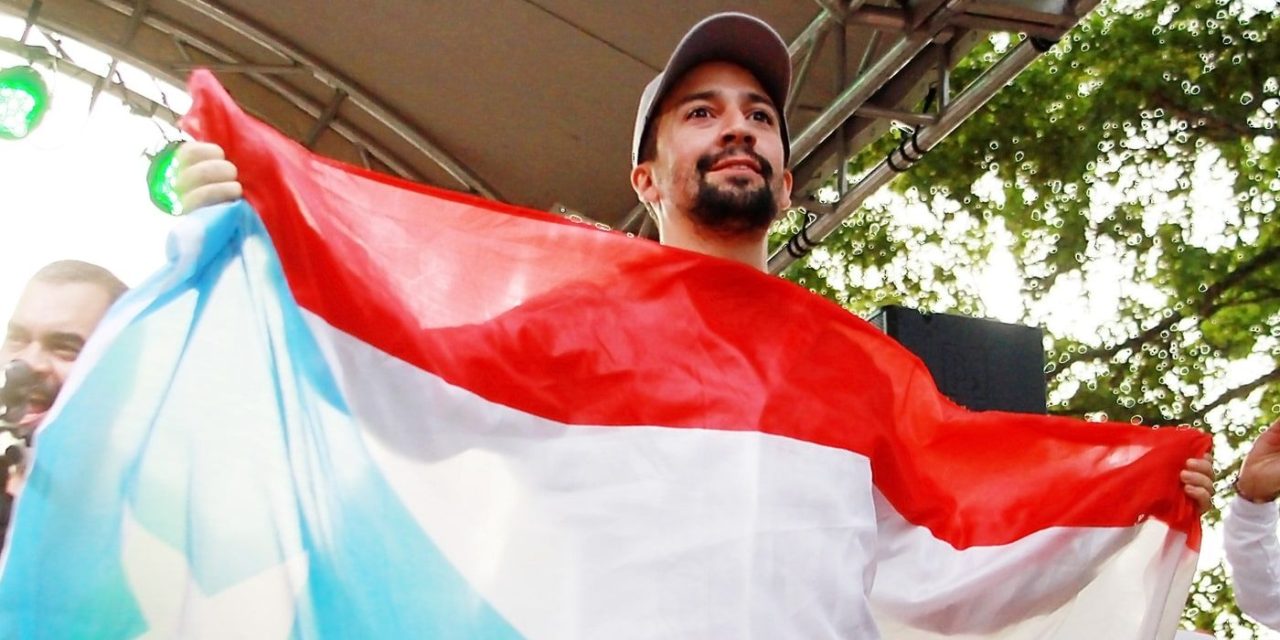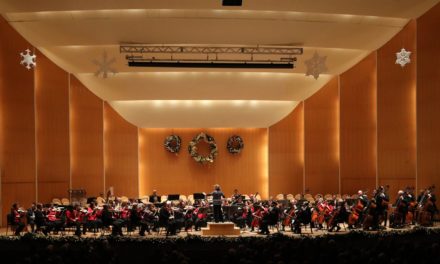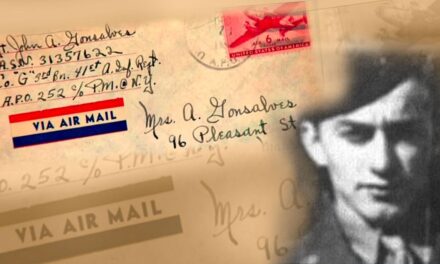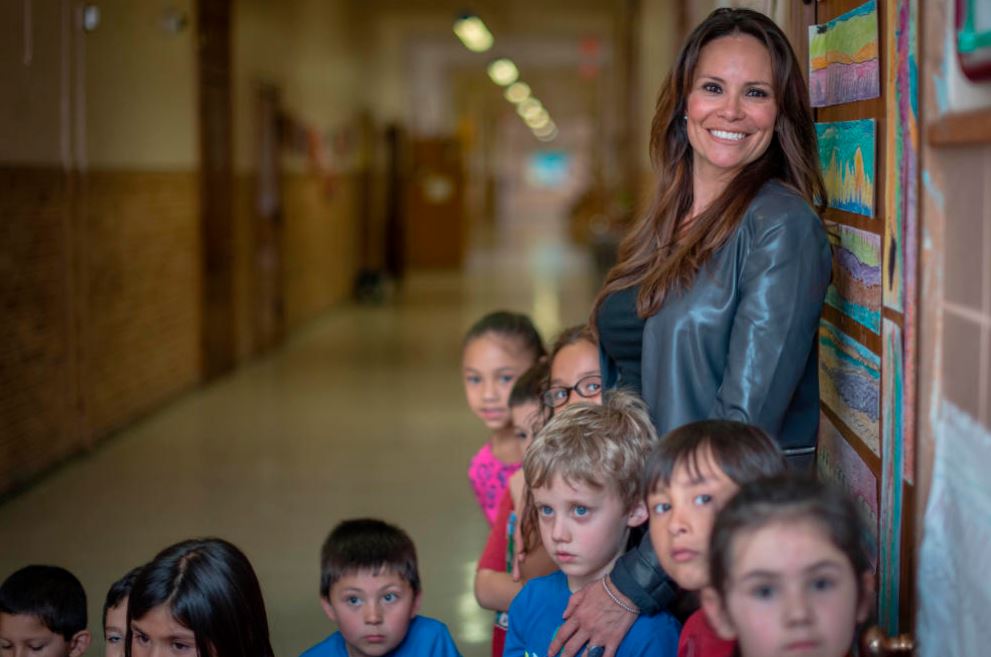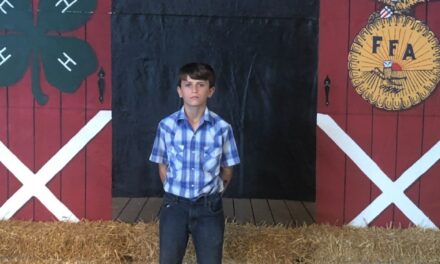Credit: Pinterest
On September 20, 2017, Hurricane Maria ravaged the small island of Puerto Rico. Meteorologists warned about the dire effects the storm would have. People were told to evacuate, if at all possible. Hundreds of shelters opened to help protect those in need. Citizens of Puerto Rico knew Maria would be trouble. It can go without saying that no one knew just how catastrophic the damage would be.
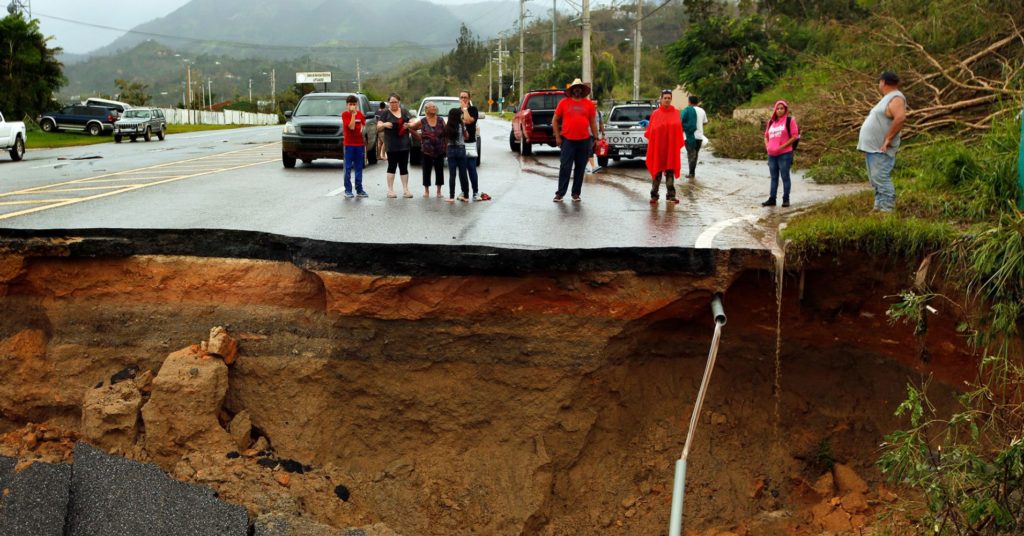
Credit: CNBC
Puerto Rico was still recovering from the effects of Hurricane Irma two weeks prior to Maria. A vast majority of FEMA’s emergency relief resources had been already deployed, and had yet to be replenished. Following the category 5 storm, electricity and water was knocked out for thousands for Puerto Ricans for not days, not weeks, but months. Nearly 3,000 people died, and 60 were left unaccounted for.
It has been a little over a year since the devastation and Puerto Ricans—be they current citizens or American immigrants— are still feeling the after-effects of the massive storm. The turmoil and pain is easily recalled, but one shred good rose from the ashes: a forgotten sense of comradery. Many joined together to help others. Puerto Rican artists and celebrities especially were hit with the vast urgency to help their country.
Supplying a Country in Need
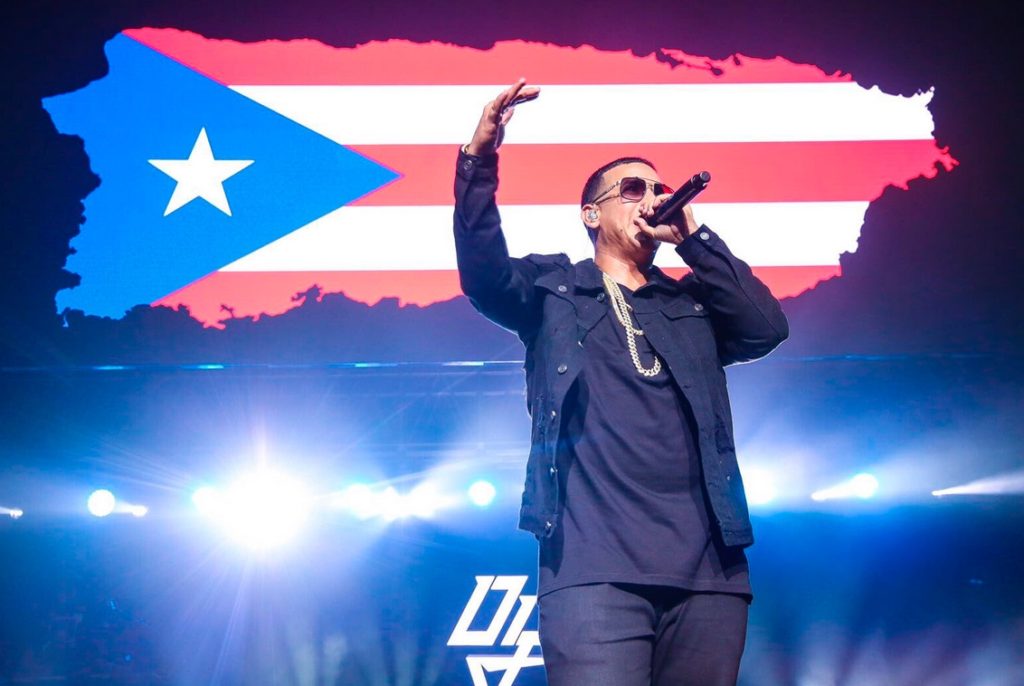
Credit: El Horizonte
Rapper Daddy Yankee was performing in New York when the storm hit. He watched the havoc unfold backstage. Astounded by the damage he was seeing, the rapper knew he needed to do something to help. He immediately packed his planes with a variety of supplies, from diapers to medicine, and prepared to take to the skies. A few days later, the cultural ambassador arrived on the island and set to help in any way he could, and stayed for two months. He felt as though, with the island in turmoil, he too had to work to be everything his country needed.
“I don’t know how you call it in English,” he says, “like a fire, just apocalyptic, all brown, all burnt.”
Enriching a Culture Once More
Modesto Lacén was in Puerto Rico touring two plays, preparing for movie premieres, and working as a spokesman for an air-conditioning company, thriving as an actor. Hurricane Maria stalled each and every one of his projects until late December. The ball that finally began rolling was the work of Lacén’s first feature film– A Fistful of Dirt. The Puerto Rican project had a massive hit to the budget after the storm, and the film had to be adapted out of what was supposed to be a setting in Poland and into an entirely Puerto Rican film.
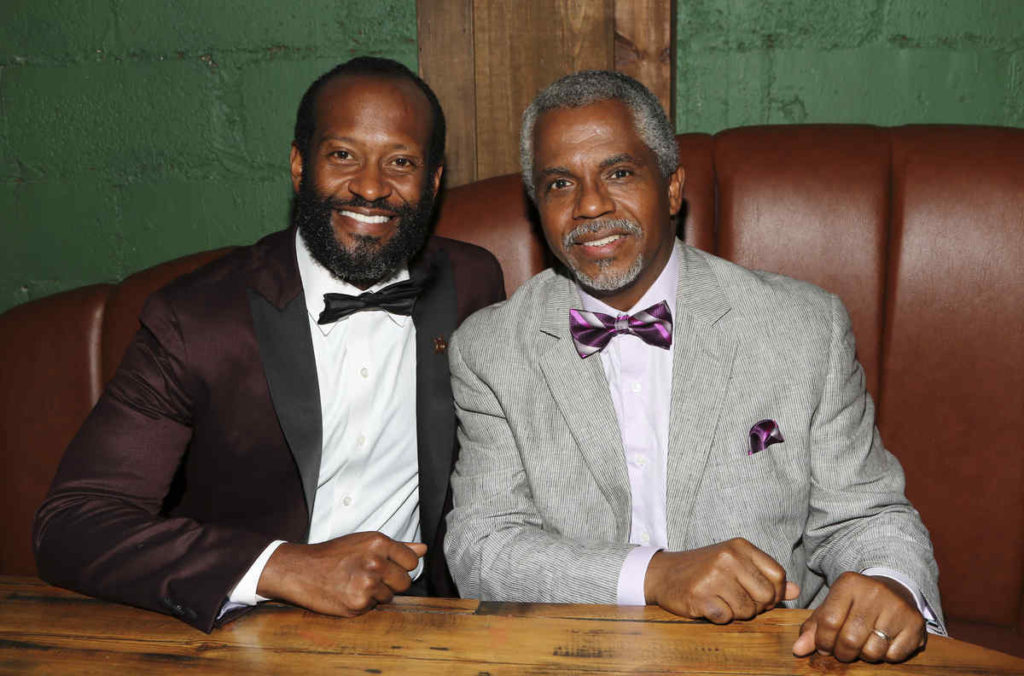
Modesto Lacen and Willie Denton. Credit: Alex Tamargo/Telemundo
The film suddenly turned into a culturally important project. Now based an Loiza, a portion of Puerto Rico with extensive African influence, an unprecedented number of Afro-Latinos were casted– an entirely underrepresented group. The cast is all-black. Film extras were citizens of Loiza. The culture that is rarely depicted on screen became the focus of the film.
Giving Back Through Music
Lin-Manuel Miranda was on vacation in Austria with his family. For days following the storm, he heard nothing from relatives that still lived on the island. Enraged by the poorly handled situation, he cut the vacation shirt to write and record “Almost Like Praying.” He gathered 22 Puerto Rican and Latin musicians to record the charity single, which debuted on “The Today Show,” “Good Morning America,” and “Despierta America.”
With the release of the single and donations from people across the world, Miranda helped his father’s foundation, The Hispanic Federation, raise over $42 million for Puerto Rican relief efforts. The money was initially used to help with necessary food and generators, and when the time was right, they launched an arts fund to help the culturally rich Puerto Rican art scene thrive again.
Singing and Sowing
Carmen Acevedo Lucio, the choir director at the University of Puerto Rico, saw the devastation first hand. Her condo was fully flooded, her front door destroyed, and she fled to Miami to four weeks to avoid the carnage. When she returned, she knew she had to do something to help her community.
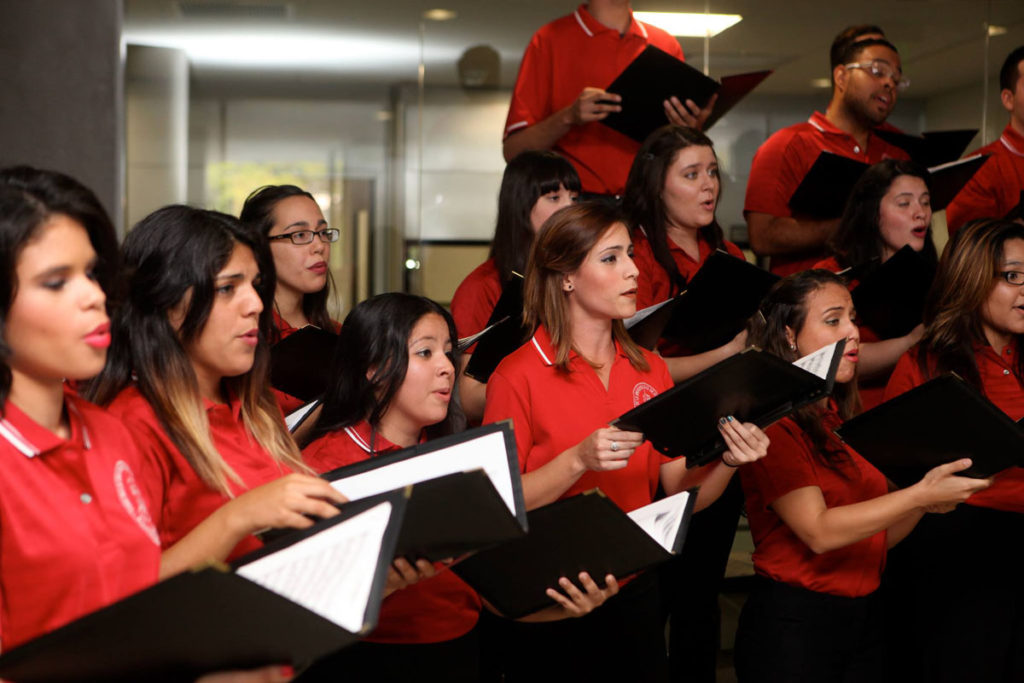
Credit: Fundacion Dommunitario de Puerto Rico
Her choir, Canta y Siembra (Sing and Sow), traveled to a variety of municipalities across the island and presented them with formal concerts. At the end, they would hand out supplies—water, clothing, insect repellent—and would end their visit by planting trees. Audience members were moved by the group’s kindness, but Lucio’s students were equally as effected. The kindness was cleansing.
“We don’t deal in politics,” Lucio says, “we’re in the arts, and the arts is, for me, one of the strongest ways for you to communicate a message.”
Many effected Puerto Ricans felt trapped, alone. They lost their possessions, their homes, and even their loved ones. In dark times such as those, it can be difficult to remember that there are those in the world who still care. Showing that love and support of others truly makes as much of a difference to these peoples’ overall wellness as offering supplies.
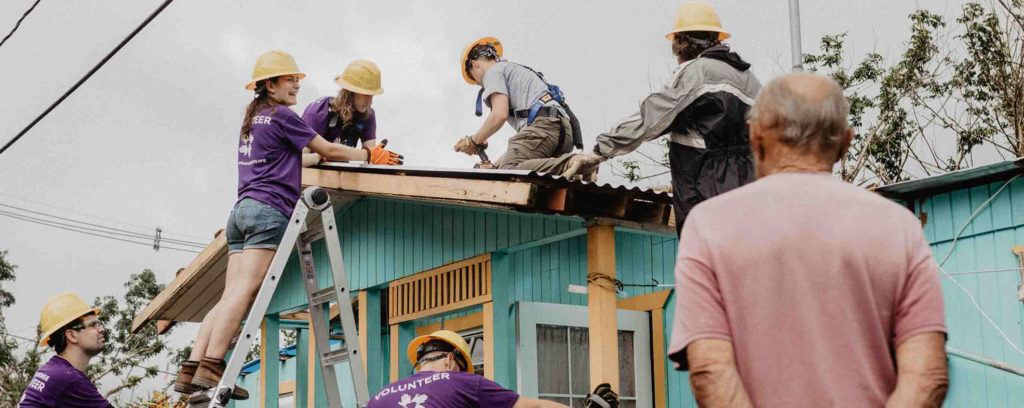
Credit: All Hands All Hearts
